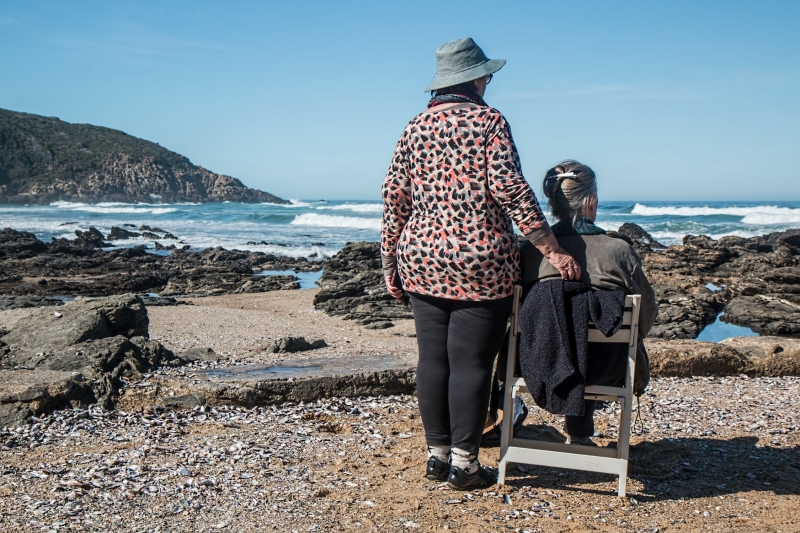Concern over Care Quality Commission’s review into DNAR orders
4 December 2020

The Care Quality Commission's (CQC) review into the application of Do-Not-Attempt-Resuscitate (DNAR) orders during the Covid-19 pandemic reveals incorrect and ageist use.
The CQC has just published interim findings of its report into concerns that during the early weeks of the pandemic DNAR orders were wrongly used. Widely condemned by CQC and medical bodies it has become clear that instead of being applied on an individual basis, blanket DNAR orders were applied to groups of care home residents.
DNARs should never be applied to groups. This is unacceptable. This is not how they should be used and however stretched our health and care services are, this kind of disregard for older people cannot be tolerated.
Best practice guidelines have been set out by the Resuscitation Council UK, but they are not being followed everywhere. Too often the guidelines are ignored or treated as a tick box exercise rather than prompting meaningful consultation with patients and loved ones.
There is clearly a need for all of us to initiate our own conversations about whether we would want to be resuscitated and also about our wider care wishes. Once we are in an emergency situation it is often too late.
Worryingly, only 59% of those aged 70+ have talked to loved ones about their care wishes and whilst 81% of us think planning ahead for later life is important, only 22% of us have a Health and Welfare Lasting Power of Attorney in place, setting out our wishes in writing in a legally binding way.
As a country, we must start talking about our wishes should we lose mental and/or physical capacity or require emergency medical treatment. This recent investigation into the use of DNARs must encourage us all to have those difficult, but vital conversations, no matter our age.
Alison Morris is a Partner at Wilsons Solicitors LLP and member of SFE (Solicitors for the Elderly), the membership organisation for specialist solicitors who support older and vulnerable people.



